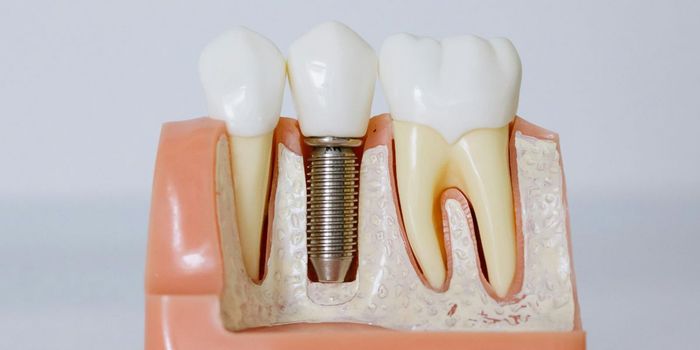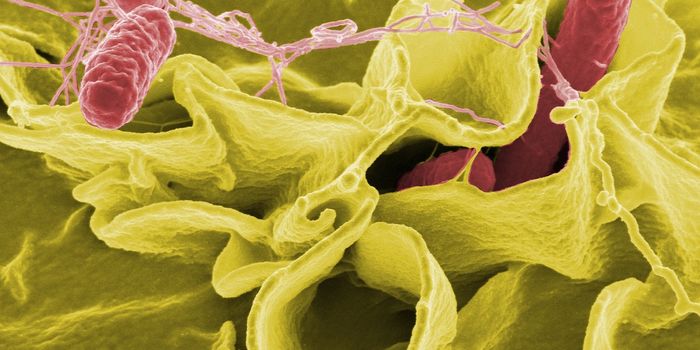Imagine this: Your child is at football practice afterschool when he collides head-on with another teammate. He is stunned but regains himself and starts playing again. He seems alright, but is he?
Traumatic brain injuries (TBI) like concussions are common occurrences in contact sports. It’s estimated that an average of 700 children are treated for these injuries daily. Current diagnosis of TBI is heavily dependent on computed tomography (CT) scans, supported by physical symptoms like nausea, vomiting, dizziness, or loss of consciousness. But because TBIs are not always so obvious, coaches and parents are often left guessing as to whether the child is fit to play after injury. A blood test may soon be all that’s needed to take the guesswork out of diagnosing a brain trauma.
When a brain experiences blunt-force trauma, several physical changes happen in the body that can be observed. Until recently, these changes are mostly all qualitative, and, with the exception of expensive CT scans, do not give objective indications of the severity of the head trauma.
New research by Dr. Papa at Orlando Health shows that a brain biomarker may be sensitive enough to identify concussions with 94% accuracy within 6 hours after the injury.
Comparing the CT scans to the blood tests of 152 children with blunt head trauma and 60 non-trauma controls, the research team noted the striking presence of a biomarker. The biomarker is known as glial fibrillary acidic protein (GFAP), and is found in the astroglial skeleton of white and gray matter. Uniquely, GFAP is released into the bloodstream within 1 hour of trauma to the brain cells. Beyond being an indicator of brain trauma, GFAP levels also alerted doctors to the severity of the injury, as the team found that levels of this protein increased with the severity of the trauma.
“This simple blood test was nearly as accurate as a state-of-the-art CT scan.” – Dr. Linda Papa
Medicine has a variety of blood tests that can diagnose injuries in organs like the kidneys and the heart. But “there’s never been a reliable blood test to identify trauma in the brain,” says Papa. The GFAP biomarker is the first identified that can provide a fast and reliable way to alert doctors to traumatic brain injuries, even when a CT scan doesn’t reveal any visible damages.
Can the biomarker blood test replace traditional CT scans now? Not just yet. But if it does, the tests are expected to be much more rapid, quantitative, and cost-efficient than CT scans.
Additionally, the research team envisions a small portable device similar to that of blood-sugar monitors that can assess GFAP levels in the blood with a prick of the finger. The hope is that the blood test can be done on the actual game field, where it can provide crucial medical information to protect the players’ health.
“The idea is to get a point-of-care test that could be used on the field, to help the coaches, the trainers and the athletic directors, make a decision then and there about whether the child should go back to play.” – Dr. Linda Papa
Sources:
Orlando Health









